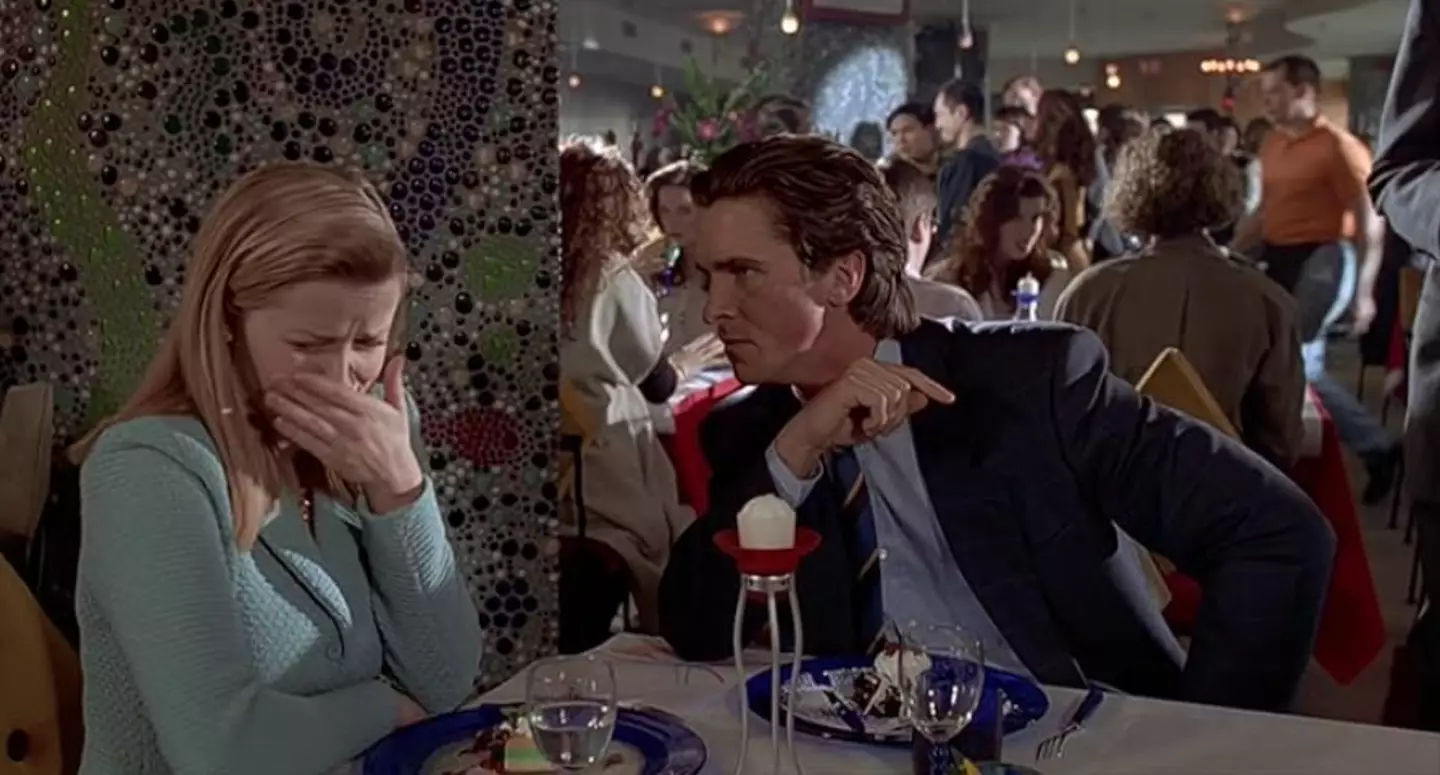
Topics: Life, Real Life, True Life, Sex and Relationships, Mental Health

Topics: Life, Real Life, True Life, Sex and Relationships, Mental Health
A psychologist has spoken out on the importance of recognising one key indicator of narcissistic personality disorder.
For those unfamiliar with the psychological condition, an NPD diagnosis is often handed by healthcare professionals to individuals that display an explicit pattern of grandiosity, as well as a habit of putting their feelings above those of others.
People described as 'narcissists' are also often linked to a need for admiration and attention, as well as a lack of empathy.
Until recent years, however, NPD has been considered a largely undefined condition, with the common signs of the disorder being linked to other behavioural patterns, or simply put down to a person's self-centred nature.
Advert

With the official definition of the condition now having been outlined by the Diagnostic and Statistical Manual of Mental Disorders, however, mental health and medical professionals have been attempting to raise awareness of the most common indicators of NPD.
This is due to the issues that narcissistic tendencies can inflict upon several areas of a person's life - including their relationships, their professional endeavours, and financial matters, as well as upon the lives of those close to them.
In particular, psychologists believe it vital for there to be an awareness of how narcissistic behaviour tends to present itself in romantic relationships, due the common connection between this condition, and coercive, controlling and manipulative habits.
One of these medical professionals is Kathleen Saxton, who believes singletons in particular should be aware of the signs that a potential partner may be suffering with NPD.

She told Hearty Soul: "The criteria for being diagnosed with narcissistic personality disorder is a wide spectrum… around 0.5%–1% of people will be formally diagnosed, but the number of people with narcissism is growing."
Saxton emphasised one narcissistic trait in particular should be steered clear of altogether, no matter how charming or attractive a possible beau might seem - withholding attention and affection.
In her experience, narcissistic individuals tend to 'love bomb' their partners during the initial 'honeymoon phase' of the relationship.
It sees over-the-top displays of attention being directed towards a narcissist's partner, before being suddenly taken away.
As such, the partner wonders what they could have done wrong - believing themselves to be at fault - and pandering over the perpetrator.
This could see the narcissist issuing their partner with the 'silent treatment', whether in person or via messaging/social media.

Issuing and then withdrawing affection can cause victims to experience emotional agony, with research suggesting that parts of the brain that endure physical pain can be activated.
Experts suggest that, if a dater finds themselves subjected to such hot and cold behaviour, they should have an exit plan. Narcissists tend to start romantic relationships as they mean to go on.
During the withholding phase, Saxon says it's vital for daters to focus on themselves and their own personal growth when it comes to being a single individual, practicing self-care and using the experience as a means of consolidating the standards they've set for themselves.